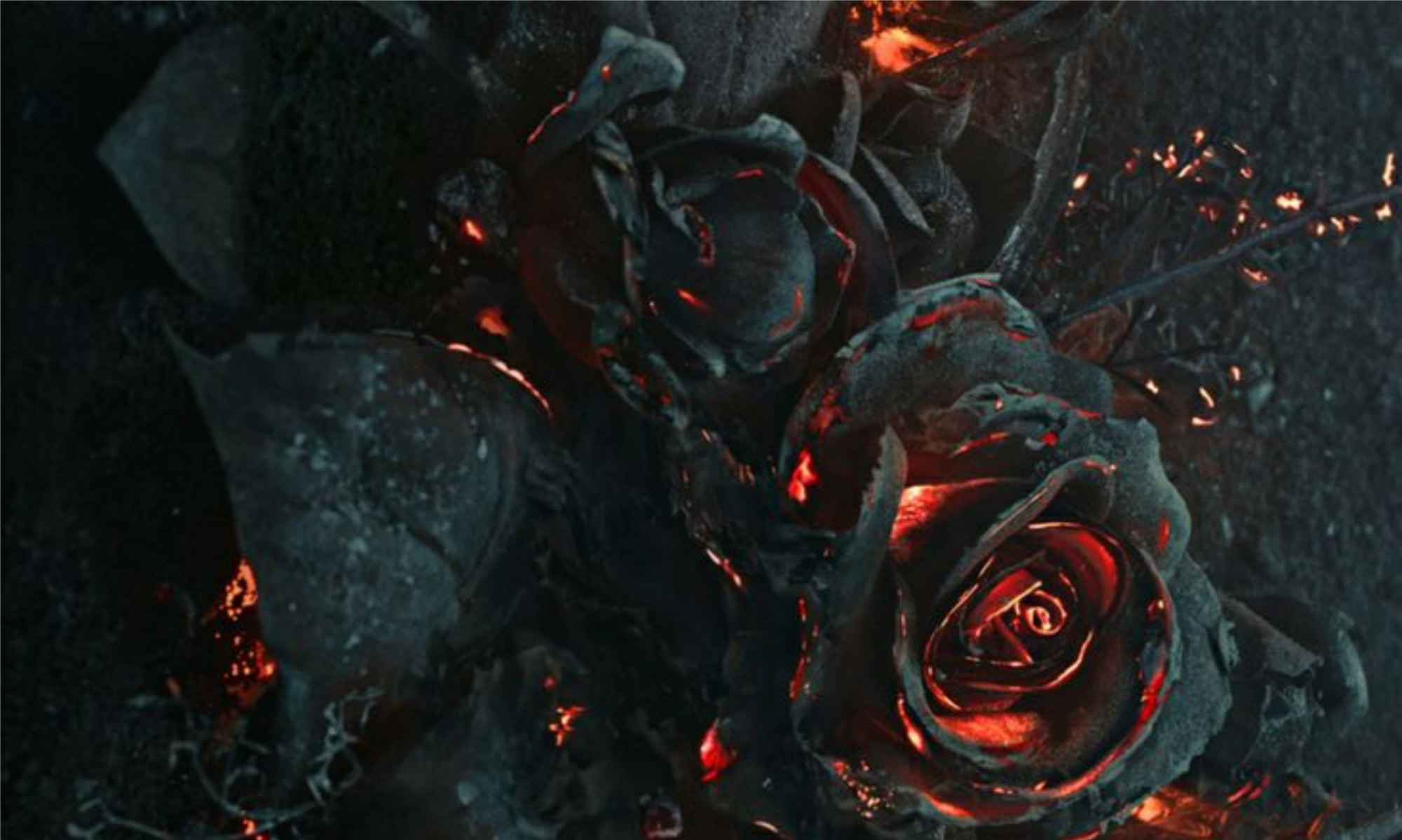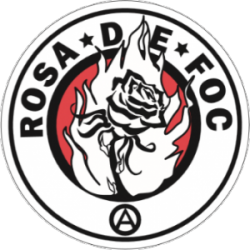Lets talk honestly about the violation of property, of private space or even of physical integrity, that is often experienced by residents and passers-by of the neighborhood. Lets talk about the real conditions, stances and effective proposals. Lets talk about what should be done and what can be done by residents, workers and people in solidarity to this neighborhood.
Initially, we must distinguish violations of individual property according to their social backdrop. Robberies against random passers-by that are accompanied with physical violence cannot be lumped together with minor thefts in parked cars. And accordingly, such methods that turn against objects or people at random, cannot be lumped together with attacks against profit-making businesses such as supermarkets.
Capitalism is theft, impersonal violence and generalized terrorism, based on the exploitation of labour, on police control and on economic extortion. The right to private property is a cover up of this greater theft. From our perspective, we are concerned about aimless damage against those who are in conditions of impoverishment, and even more about impersonal violence driven by economic motives and about sexist attacks.
Capitalism structurally produces outcast people. Today, the sweeping financial attack of the past few years as well as military interventions, have greatly increased the number of people who have no access to vital resources. It is to be expected that the number of people who, by their condition, cannot feel a sense of community with anyone and have no motive to distinguish between different levels of wealth other than the ease with which they can satisfy their immediate needs, will increase. A fundamental expression of social cannibalism is an expansive apathy.
Exarchia is no exception. State propaganda focuses on “criminality” in this neighborhood, without ever referring to specific evidence that points to a marked difference between Exarchia and any other neighborhood. The purpose of this propaganda is to undermine the struggle against state repression and to incite for greater police occupation of the neighborhood. There is however, a particularity regarding “criminality” in the area of Exarchia: here is where the highest number of police forces are concentrated, proportionate to the area’s size, as compared to any other district of the greek territory.
The demand for more policing is intentional and stems from the most conservative reflexes. Can the police really suppress all those who are hungry or who in desperation fall into drug addiction? It never has and it never will. Who wishes for an effective police? In other words, for the terror of the state’s monopoly in violence, for torture, for the persecution and imprisonment of migrants and generally of the socially excluded, for the aggravation of poverty and criminalization through the prison complex, for the dealings of the drug trade and mafia, for the protection of fascists and bosses and for preemptive counter-insurrection. The existence of the police stands as guarantor of a culture that shapes the world in its own image of violence.
Looking straight at the core of the problem, the answer must be given through the smashing of every kind of isolation. It is the struggle for communal life, against the plague of individualism. The public space of Exarchia is flooded by young people and migrants, and as such is safer than the deserted or mainly commercial spaces of the urban prison, also because it has served, through the years, as a hub of resistance. The wave of restless and dispossessed people who flood the square, the pedestrian streets and the front steps of buildings, conveys the vibrancy and hope of a society without authority.
The answer to the reproduction of injustice and of violence for profit is to be found in the kind of social solidarity that opposes state institutions. The answer is to be found in the self-organization of open communities, in the militant reclaiming and re-appropriation of resources, in the building of collective self-defense against repression and against any attempt of exploitative imposition.
Open Assembly AGAINST the POLICE OCCUPATION
(Every Monday at 7pm, Polytechneio)

